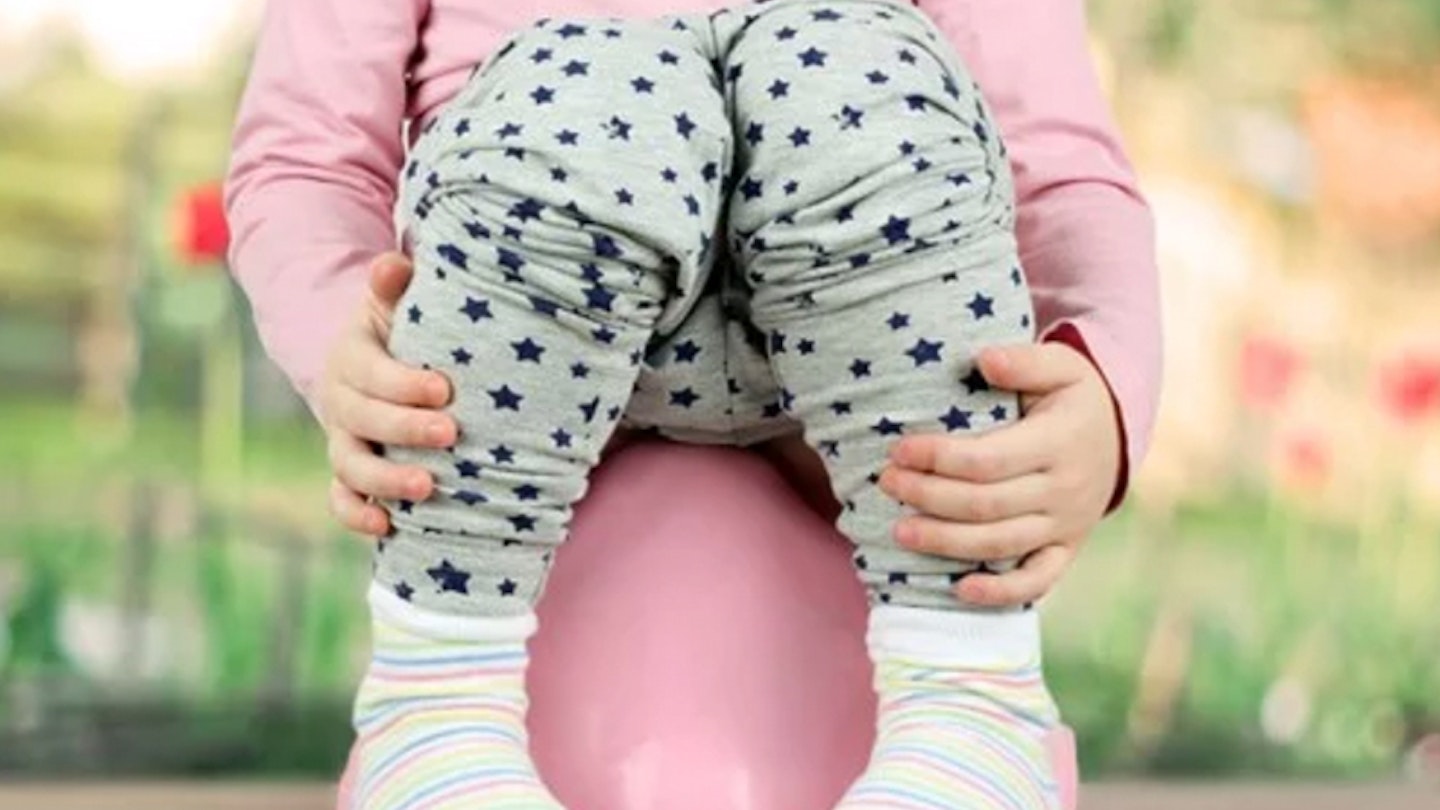In this article:
It's very easy to drive yourself completely potty when it comes to potty-training.
How do you know when your toddler's ready to be potty trained? When should you start and when is too soon? We've got to the bottom (sorry) of when you should start potty-training your tot.
When should I start potty training?
Generally speaking, children aren't ready to start using a potty until they are between 18 months and three years old, though everyone is different. Boys tend to take a little longer than girls to ditch the nappies.
In the 1950's, the average child started potty training between 15 and 18 months, however, due to a wider availability of affordable nappies and parents working more hours, the average child is now three and a half before they're fully trained.
Here are some questions you could ask yourself before deciding if your little one is ready for the next step:
-
Can your child walk to and sit on a potty?
-
Can your child pull down their pants and pull them up again?
-
Can your child stay dry for up to two hours?
-
Can your child tell you when they need to go?
-
Does your child seem interested in using the toilet or wearing proper pants?
If you answered mostly "yes" then your child is likely to be ready to start potty training. If you answered mostly "no" then it may be wise to wait a bit, especially if there are any major changes coming up like a new sibling or a house move.
What's the optimum age to start potty training?
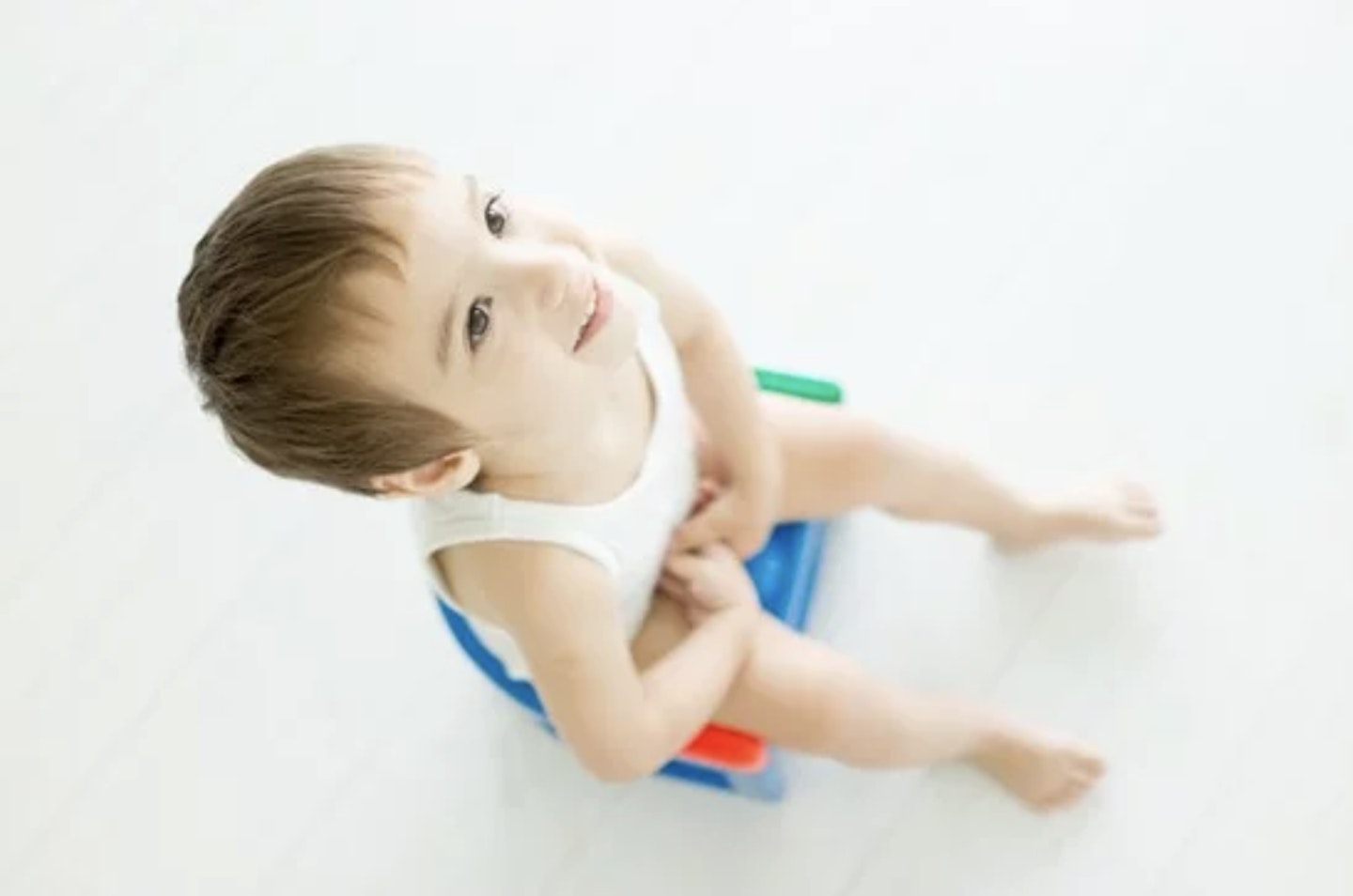
“The optimum age is around two to two and a half,” says potty training expert Amanda Jenner, director of the Potty Training Academy. “Children need to be able to understand verbal commands and also have bladder control i.e. not just muscle control but also the ability to recognize the signals that their bladder is full and they need to go to the toilet.”
18-24 months is normal, but some children may not be trained until they're three years old.
Boys also tend to be ever so slightly slower than girls and if your child has toilet-trained siblings they may be quicker. Rewards and potty training charts can help motivate your child to use the potty.
When should I put off potty training my toddler?
If they're going through a big change at home, then it may be wise to put off potty training for a short while. “If you’ve recently moved house, a new sibling has arrived or they’ve started nursery, hold off on the potty training for a month or two until everything has settled down. They need a nice, stable home life to get started properly,” adds Amanda.
What about potty training a child with special needs?
Children with special needs typically undergo potty training a little bit later than others. The process usually begins at around 5 years old, but it varies depending on your child's individual needs.
You can meet with your GP to help you through the process, as they can offer guidance on special equipment or conduct a physical assessment.
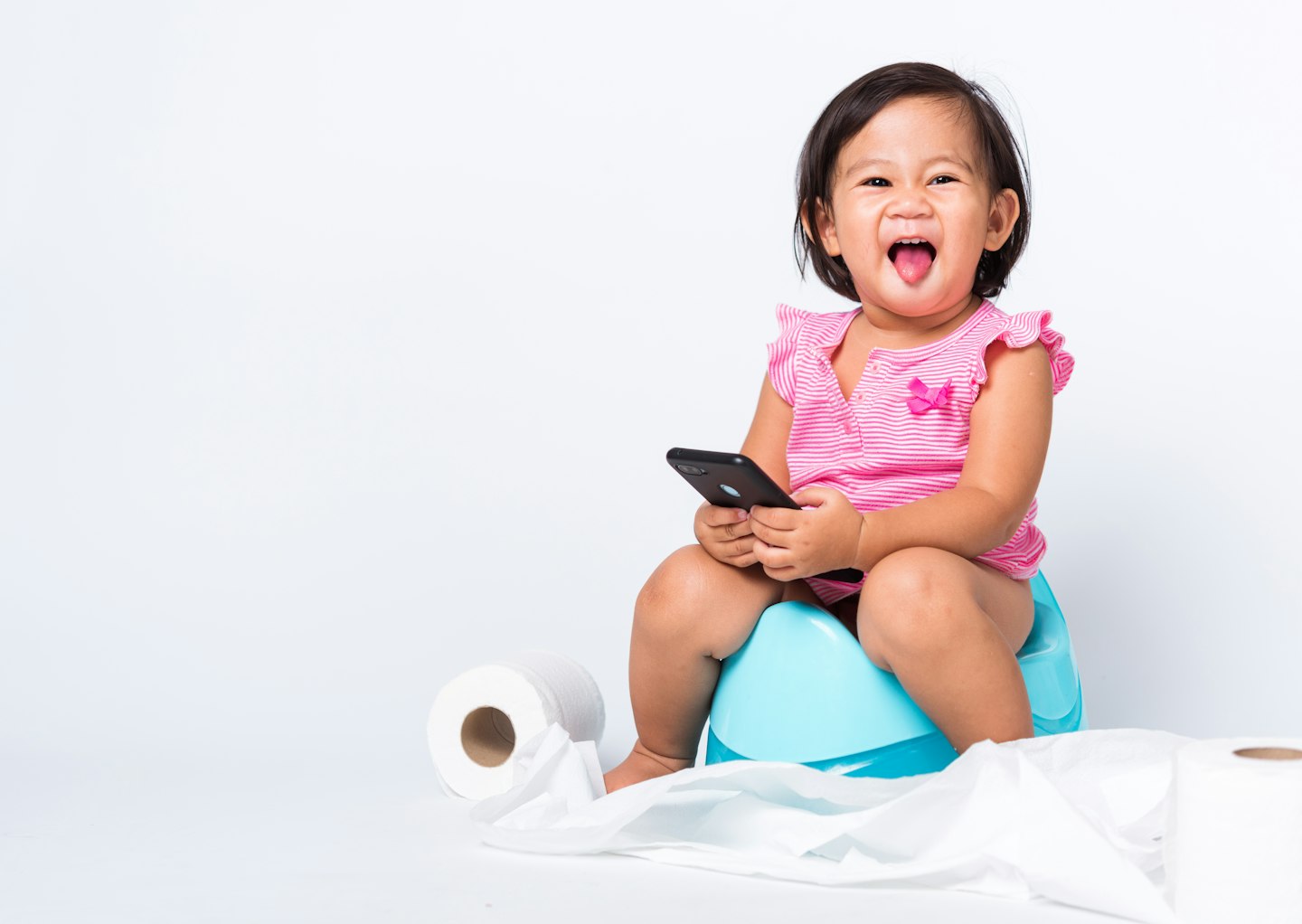
Your complete potty training timeline:
Potty training timeline
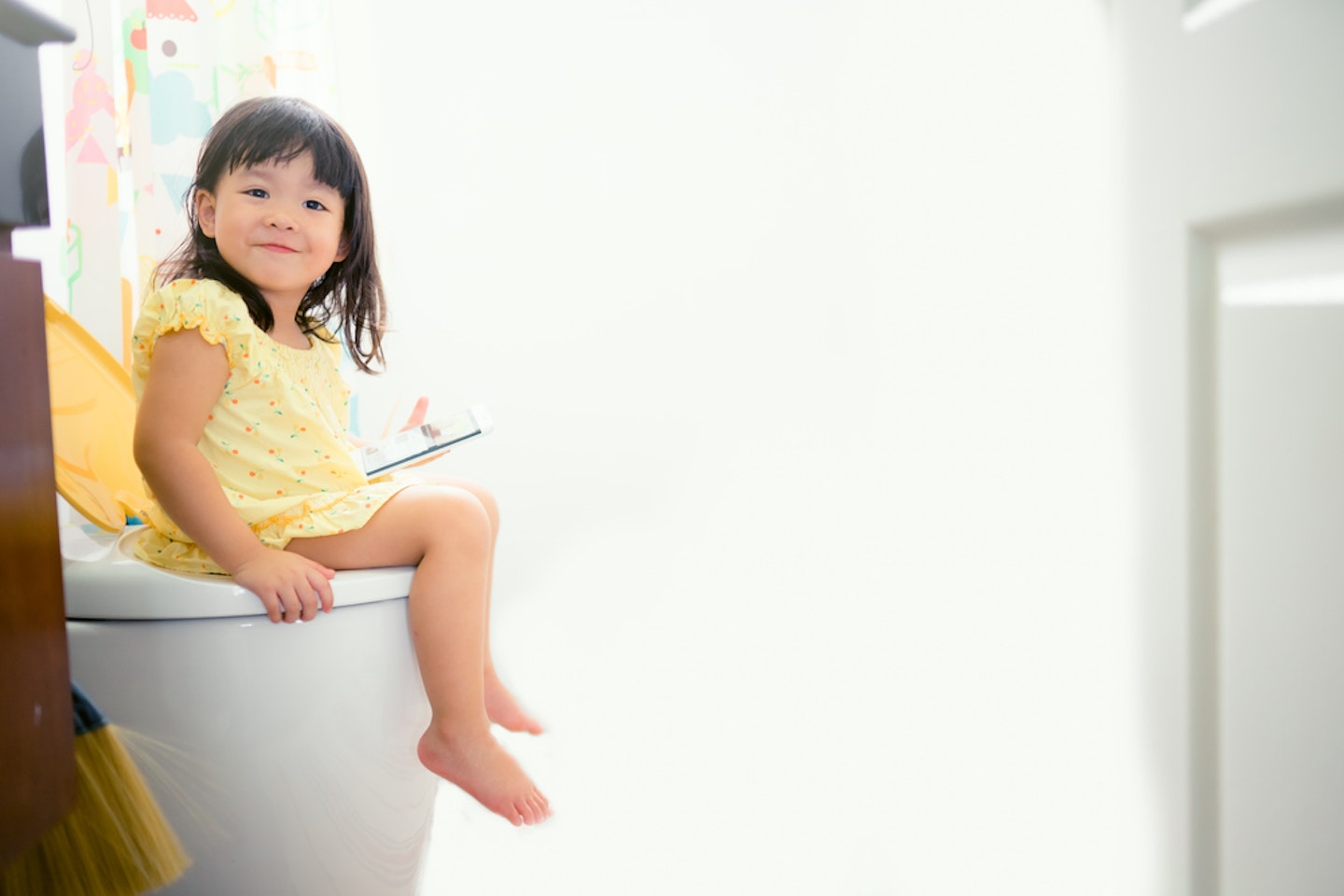 1 of 6
1 of 61) A few weeks before
If you always change their nappy in the bedroom start transitioning to the bathroom so they start associating this with where people go to the toilet.
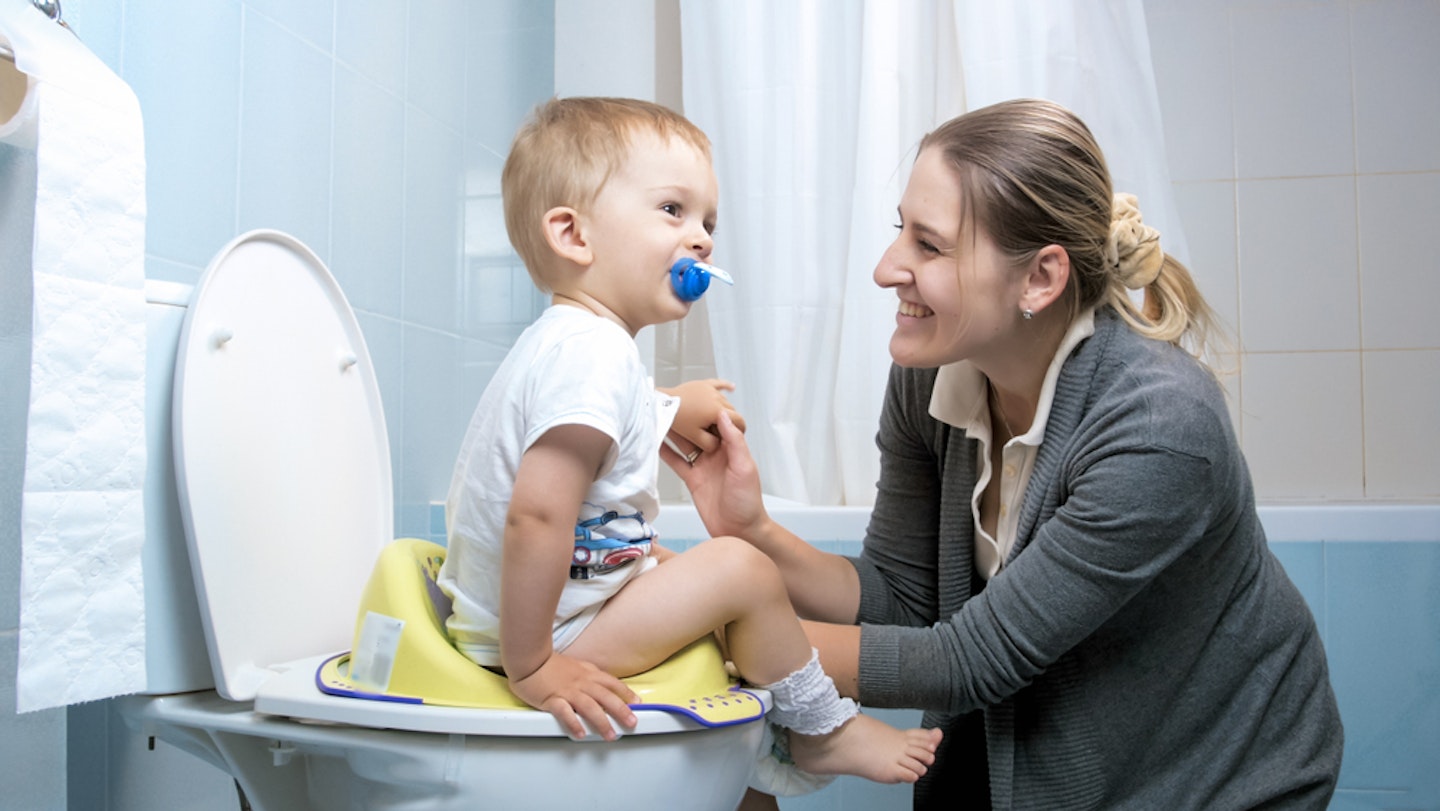 2 of 6
2 of 62) A week before
It helps if your child can see you or siblings using the toilet. Explain what you’re doing and let them ask questions.
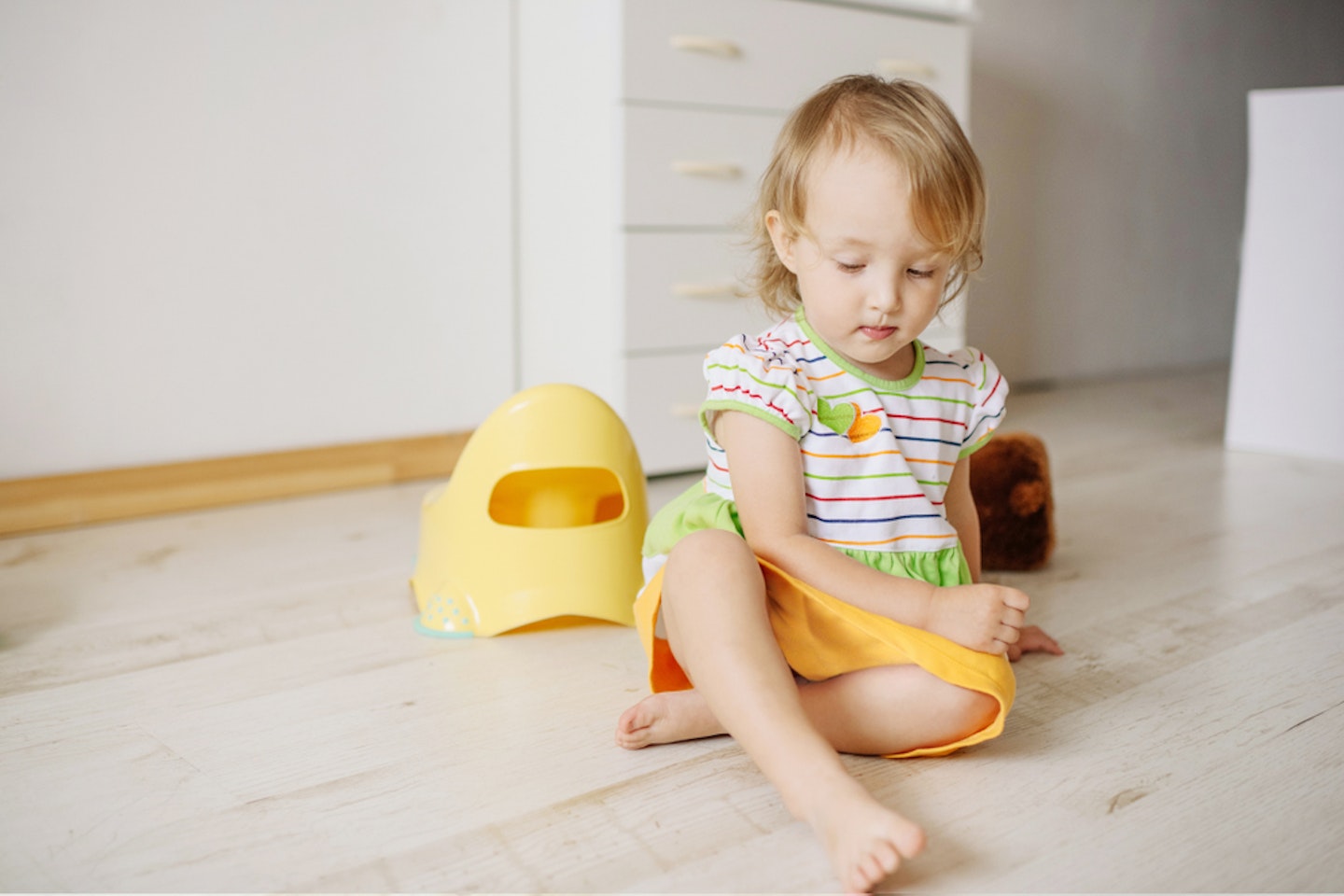 3 of 6
3 of 63) A few days before
Start talking about the fact you will be beginning potty train and what this means. Use your child’s toys to show them what will happen. “Always stick to normal words when you are talking about going to the toilet i.e. poo and wee,” advises Amanda. “I’ve had parents who talk about ‘stars coming out’ but this only confuses the child.”
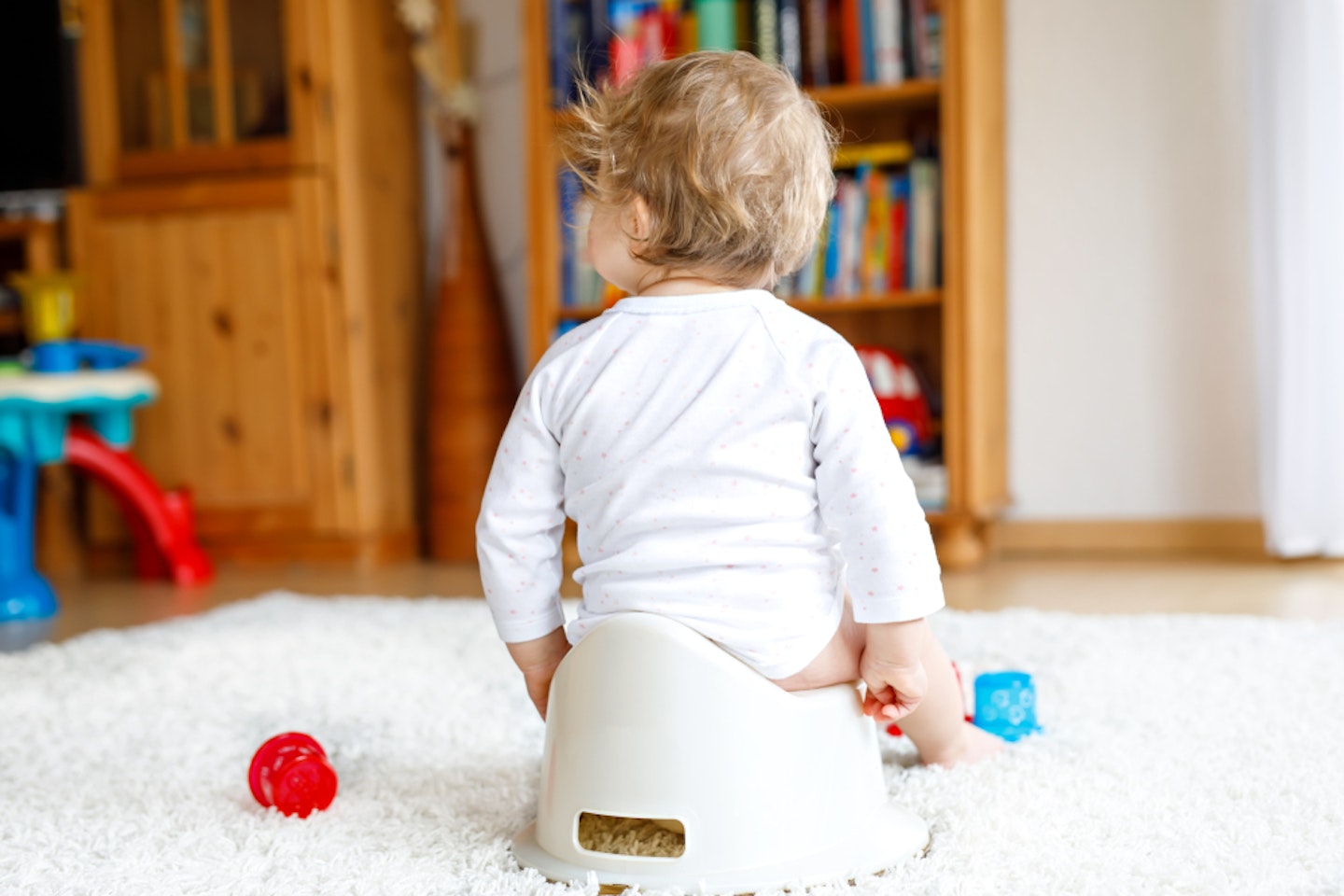 4 of 6
4 of 64) One day before
Build up to the event and start encouraging them to try it, without pressure.
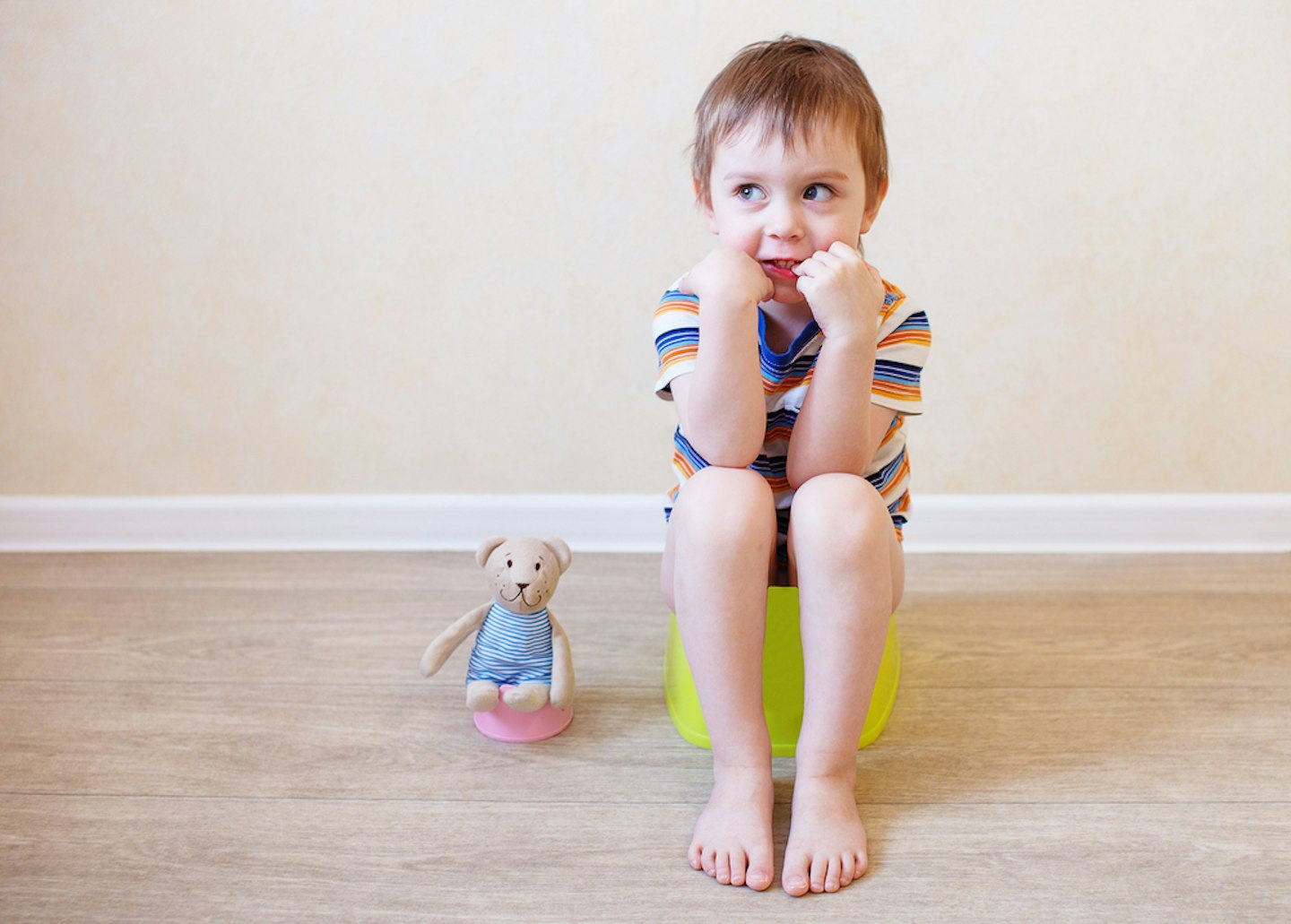 5 of 6
5 of 65) On the day
Make sure your child is dressed in their new pants and has loose-fitting clothes that they can take on and off easily. “Have the potty in a visible place in the main room you and your child use the most, and every 20 minutes ask ‘do you need a wee’ – especially after drinks and meals,” says Amanda. “You will sound like a robot and drive yourself mad but it easy for them to get distracted when they are playing with toys or watching TV! When they do go, give them lots of praise and encouragement. Empty the contents into the toilet so they can see where it goes and, above all, make it fun: give rewards and stickers.”
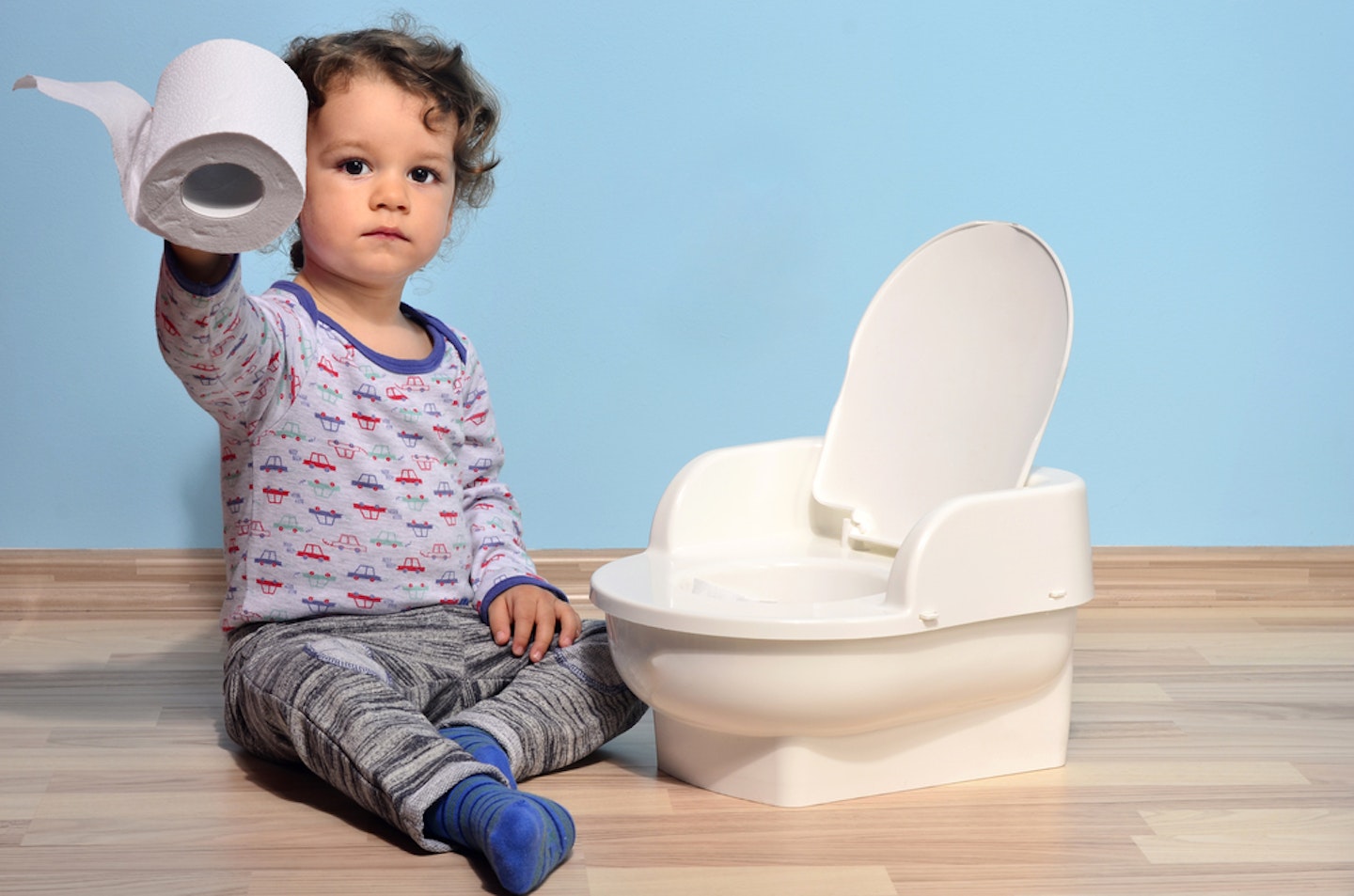 6 of 6
6 of 66) Next steps
“Stick to this routine at home for a day or maybe over a weekend, but then get out! A mistake a lot of parents make is staying in for a week and then when they go out the child doesn’t know what to do,” advises Amanda. “They need to learn from the word go what happens when you leave the house, and you must take the potty everywhere – don’t expect them to sit on a public toilet.”
Why not join thousands of mums and start your very own Amazon Baby Wish List? They're absolutely free to create and perfect to send to your family, friends, and colleagues to make sure you're getting the baby products you really need...
Did our article help you out? Let us know via Mother&Baby Facebook and Instagram page - We'd love to hear from you!
